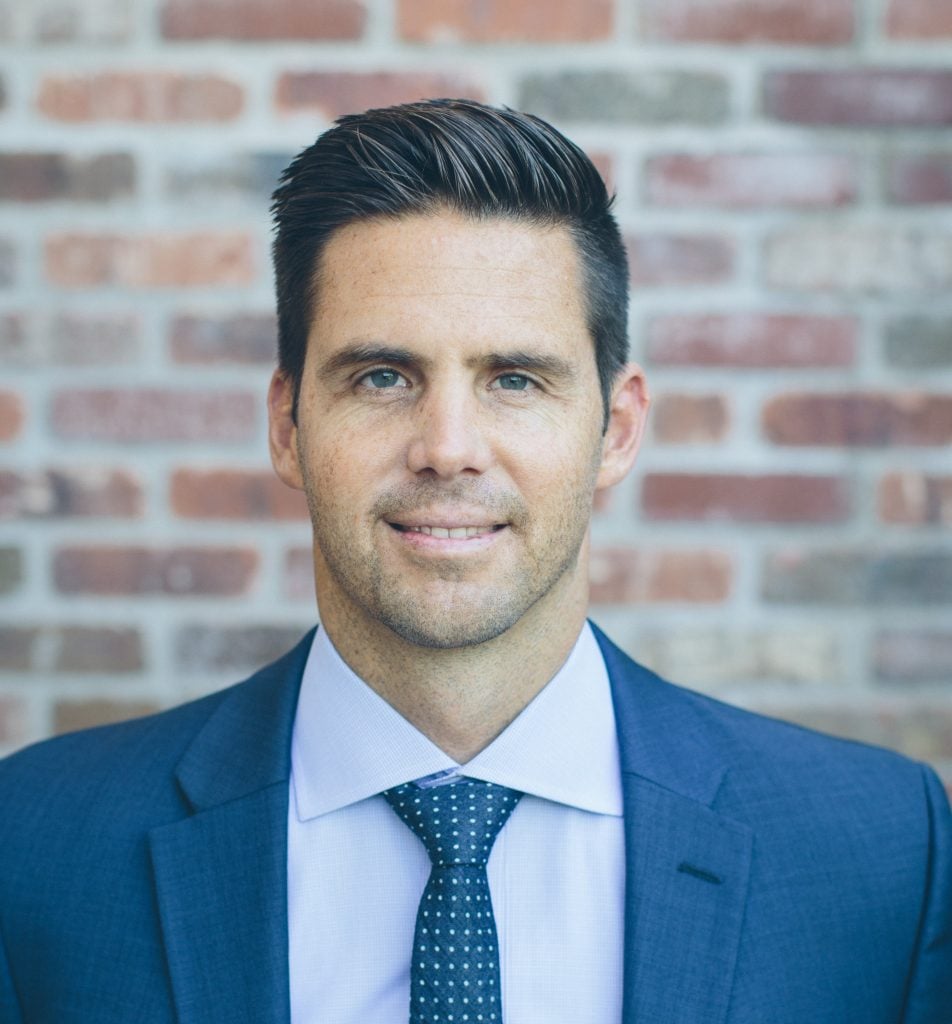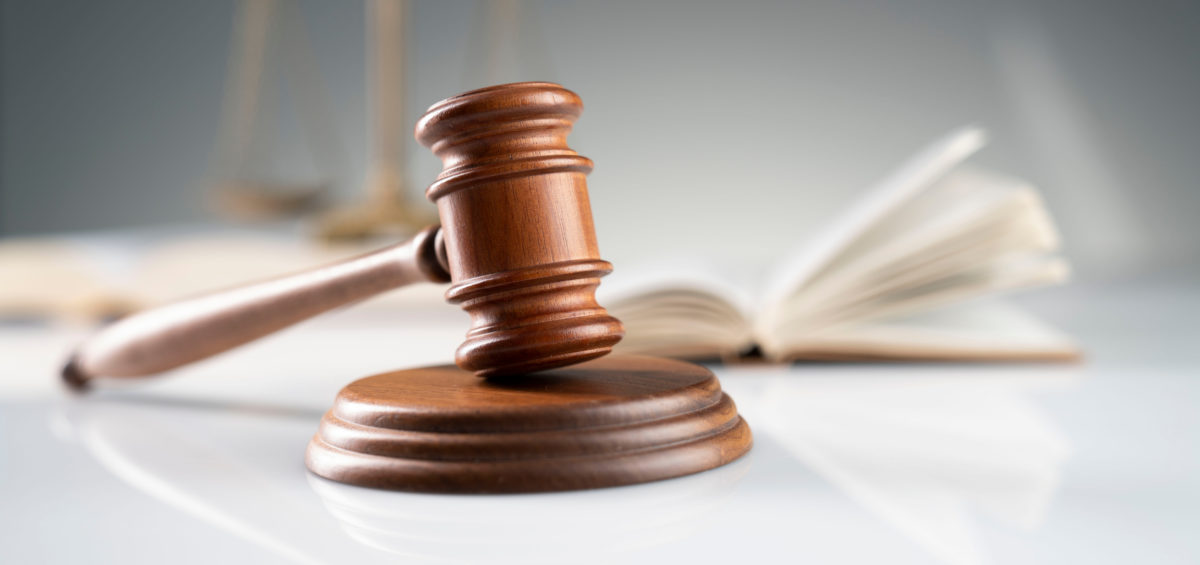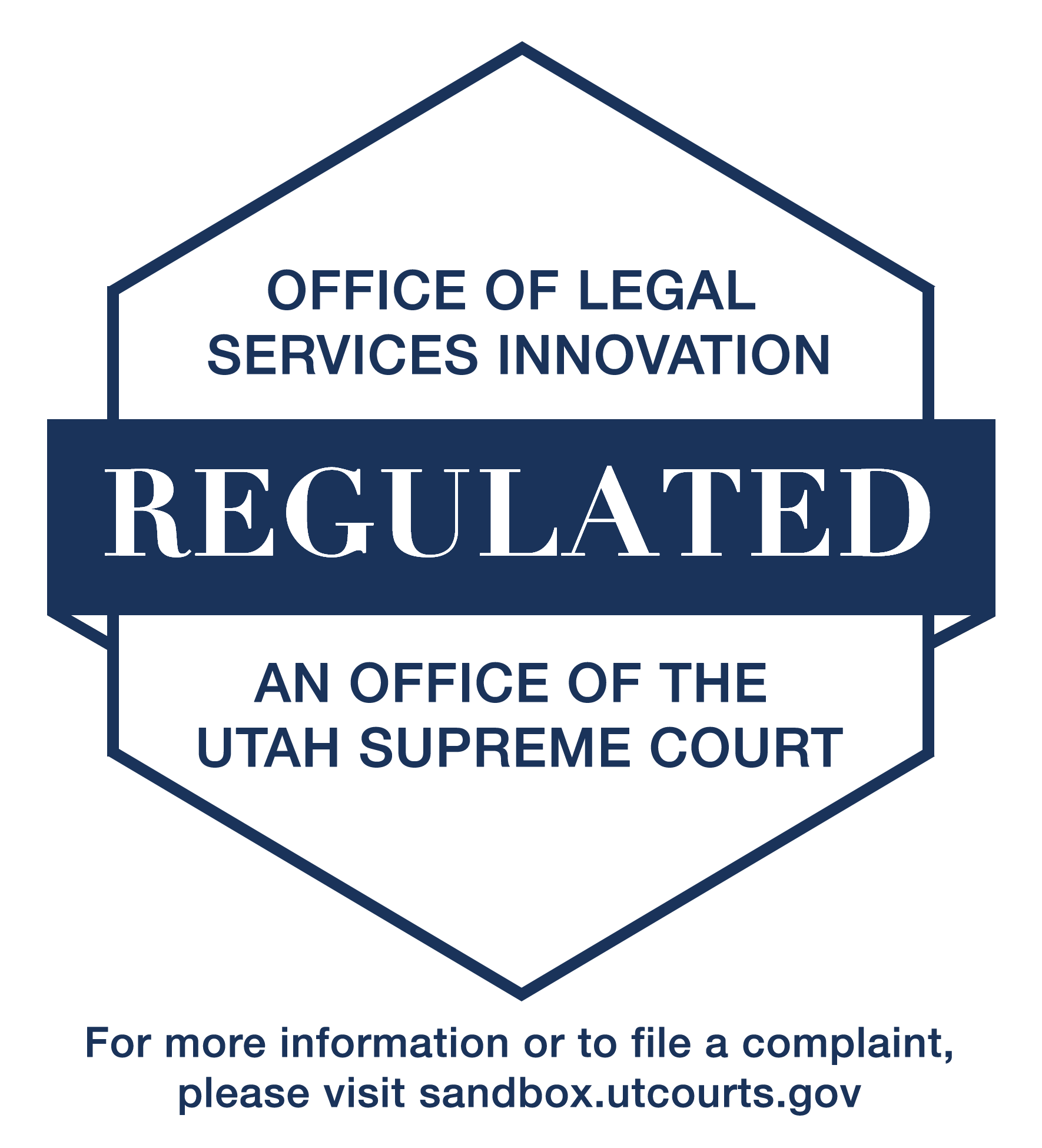Defamation is one of the ways a person’s reputation may be “injured”. Generally, defamation falls into two categories, libel or slander. Libel is written defamation. Slander on the other hand, is verbal defamation.
California Code of Civil Procedure Section 45 defines libel as:
[A] false and unprivileged publication by writing, printing, picture, effigy, or other fixed representation to the eye, which exposes any person to hatred, contempt, ridicule, or obloquy, or which causes him to be shunned or avoided, or which has a tendency to injure him in his occupation.
California Code of Civil Procedure Section 46 defines slander as:
[A] false and unprivileged publication, orally uttered, and also communications by radio or any mechanical or other means. . .
that does one or more of the following:
- Charges any person with crime
- Imputes in a person the present existence of an infectious, contagious or loathsome disease;
- Tends to directly injure a person with respect to his/her office, profession, trade or business. . . . ;
- Imputes to a person’s impotence or a want of chastity; or
- Which, by natural consequences, causes actual damage.
In California, in order for a plaintiff to establish a defamation claim, the plaintiff must show the following:
- There was an intentional publication of a statement of fact;
- That publication of fact is false;
- There were no privileges to uphold that publication;
- The publication caused the plaintiff injury, and
- The defendant acted with a degree of legal culpability such that the plaintiff is entitled to damages.
If you believe your reputation has been harmed, it is recommended that you seek an experienced personal injury attorney or professional to understand what your damages are.

Authored by Scott D. McDonald, Esq.
Scott McDonald is a California native who graduated from Pepperdine Law School in 2008. He has been aggressively litigating cases in Personal Injury and Bankruptcy Law for nearly a decade. Mr. McDonald prides himself in being anything but a “typical” attorney. His unique and very personal approach to practicing law has helped numerous clients obtain their goals and get the legal relief they need.
Mr. McDonald is also a member of 1LAW, which allows clients to obtain free legal support for basic matters and to stay in constant communication with him once retained.
To learn more about the advantages 1LAW provides to attorneys and individuals, visit 1LAW or register for free via the 1Law App.




